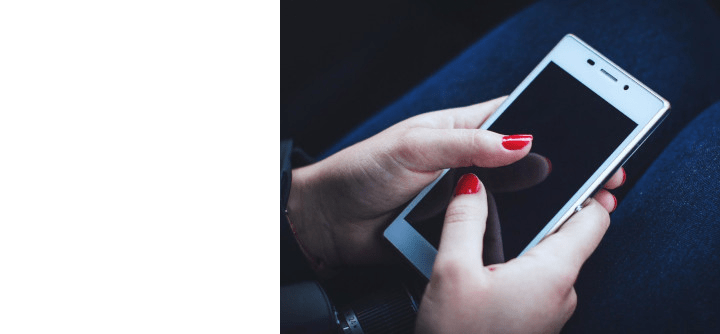Catholic League president Bill Donohue comments on teen girls and their fixation with social media:
The CDC’s recent study of teenage girls paints a dire picture. They are much more likely than boys to report feelings of depression and suicidal thoughts. In fact, almost 60 percent report feeling so sad and hopeless almost every day for at least two weeks in a row (during the previous year) that they stopped their regular activities.
This is not normal. Psychologist Richard Weissbourd notes what many others have observed: girls are more likely to be obsessed with social media, and especially with stories about attractiveness and body image. This accounts for their higher rates of alcohol and drug use than boys.
Jean Twenge is also a psychology professor who has a good grip on this issue. She says that “we’ve known from academic research for many years that the longer a teen girl spends on social media, the more likely she is to be depressed and to engage in behaviors like self-harm [such as] cutting.” In fact, the suicide rate has doubled for ten-to-fourteen-year-olds since 2007.
In a study published by two Turkish researchers, heavy social media users tend to be impulsive, and this has negative behavioral consequences, such as “failing to spend time effectively, failing to plan, and developing an addiction to social media.” Impulsivity, in turn, is related to “obesity, sex addiction, alcohol and drug addiction, internet addiction, pathologic game playing, and risky behaviors.” It also increases loneliness.
What did the CDC recommend we do about this problem? Provide more mental health services to students.
That’s a band aid approach. We need something stronger. Schools should ban smartphones from the classroom.
Buxton School in Williamstown, Massachusetts banned smartphones at the beginning of the academic year last summer. The boarding school also banned teachers from having access to their phones on campus. Other schools have similar rules.
Buxton school official Franny Shuker-Haines explained why this decision was made. “I don’t think we need to wait any longer to see enough evidence of the mental health toll those devices are taking on teenagers.” She was particularly pointed in her criticism of social media. “You’re meant to respond quickly and harshly. You’re meant to extend conflict. You’re meant to promote the most inflammatory or outrageous idea.”
Peter Beck, the head of Buxton, said this decision was needed following the social isolation that took place during the pandemic. “The students had completely forgotten the basics of face-to-face interaction. They had spent so much time glued to their smartphones.”
How was the new policy received? At first, not well. But in due course, most students and teachers came to support it. The source of their asocial, oftentimes anti-social, condition was banished.
The policy wisely allowed a little lee-way. The school distributed a Light Phone, a device which allowed students to make and receive phone calls, and to do rudimentary texts. But there was no social media, email, or internet service.
In a study published February 23, the journal Psychology of Popular Media found that Canadian teens and young people who cut their social media by 50 percent for three weeks felt better about their appearance and body weight. Gary Goldfield, a senior scientist at Ottawa’s CHEO Research Institute for pediatric research, said the findings suggest that cutting back on social media would also reduce emotional distress.
If more students, especially teen girls, got into the habit of not being obsessed with social media—and spent more time interacting with their peers in person—their mental health problems would abate. Too many young people are needlessly allowing technology to take control of their lives.
We are social animals. If that means anything, it means we need to bond with others. Smartphones make that more difficult.
If we are really courageous, we might even try bonding with God. In addition to achieving saving grace, we know from voluminous studies that people of faith have far fewer mental health problems than their secular counterparts. That’s a win-win.







